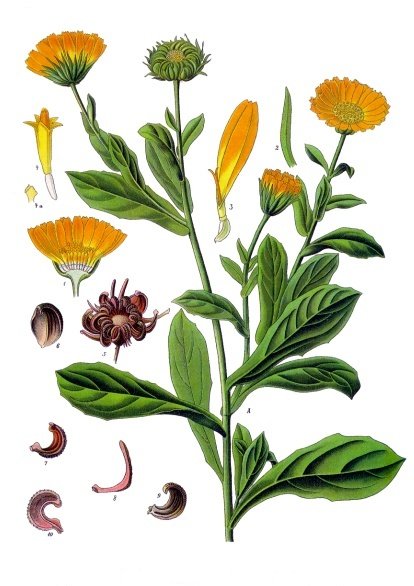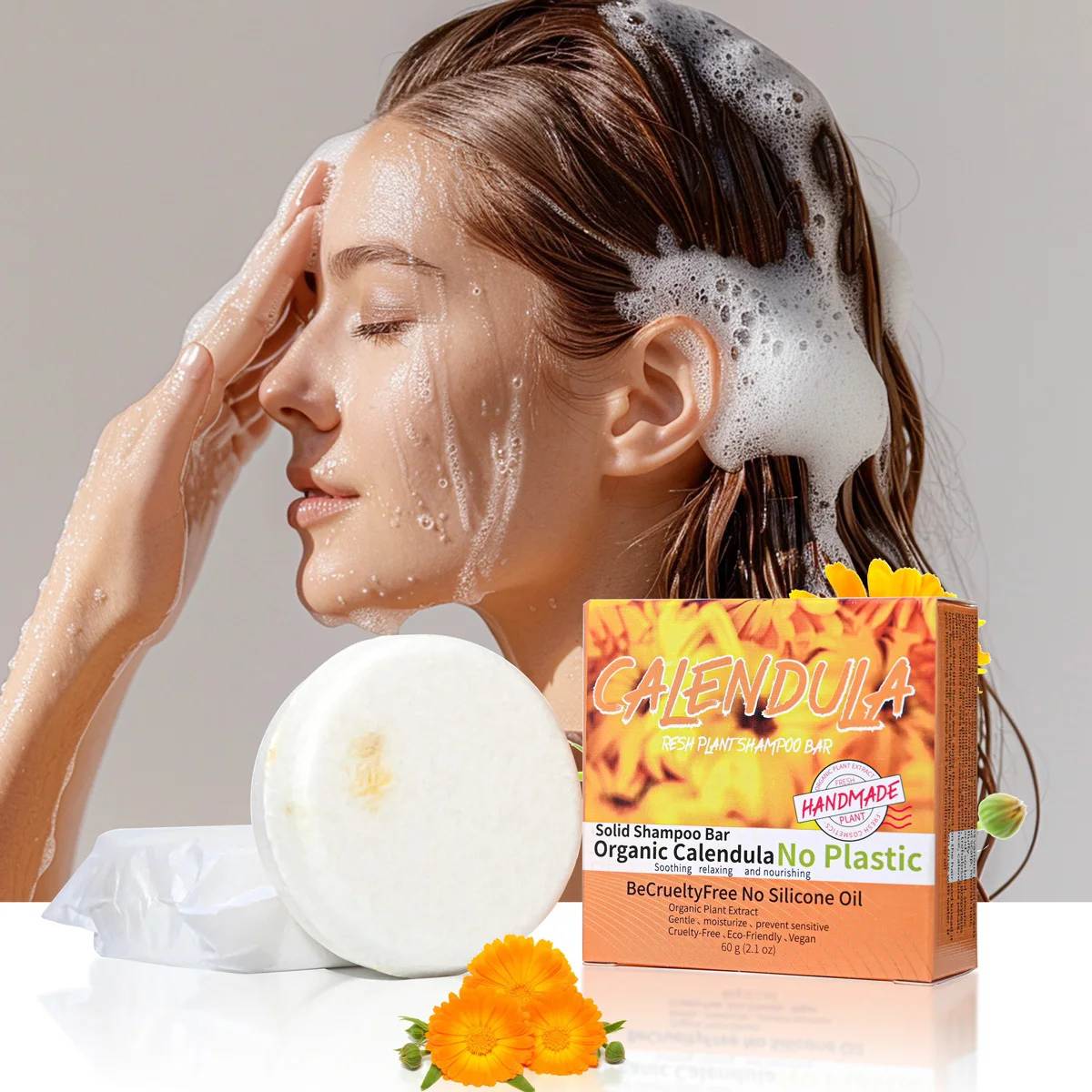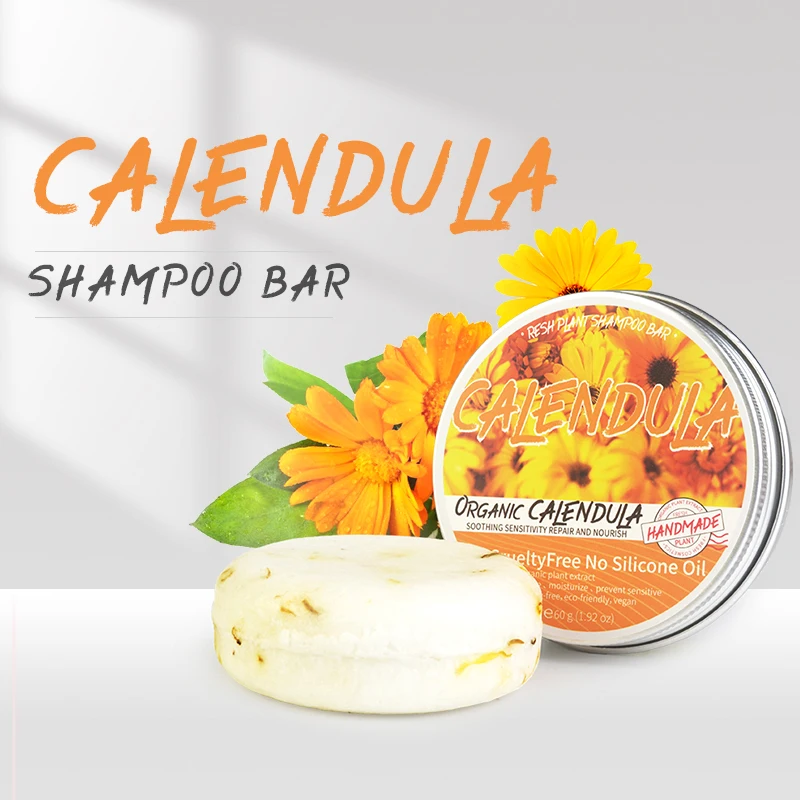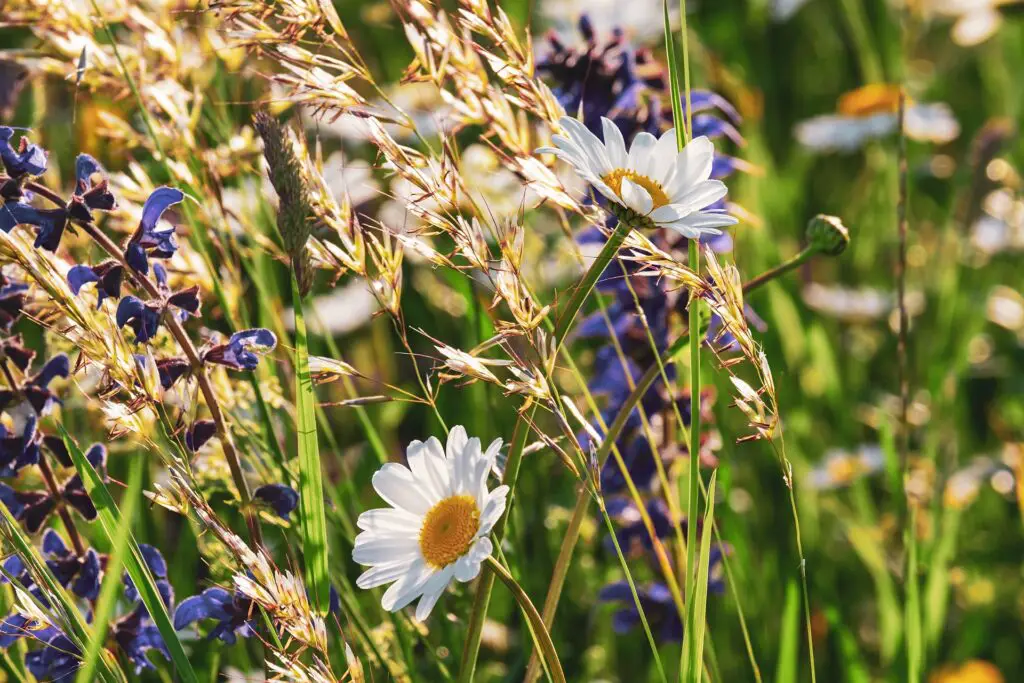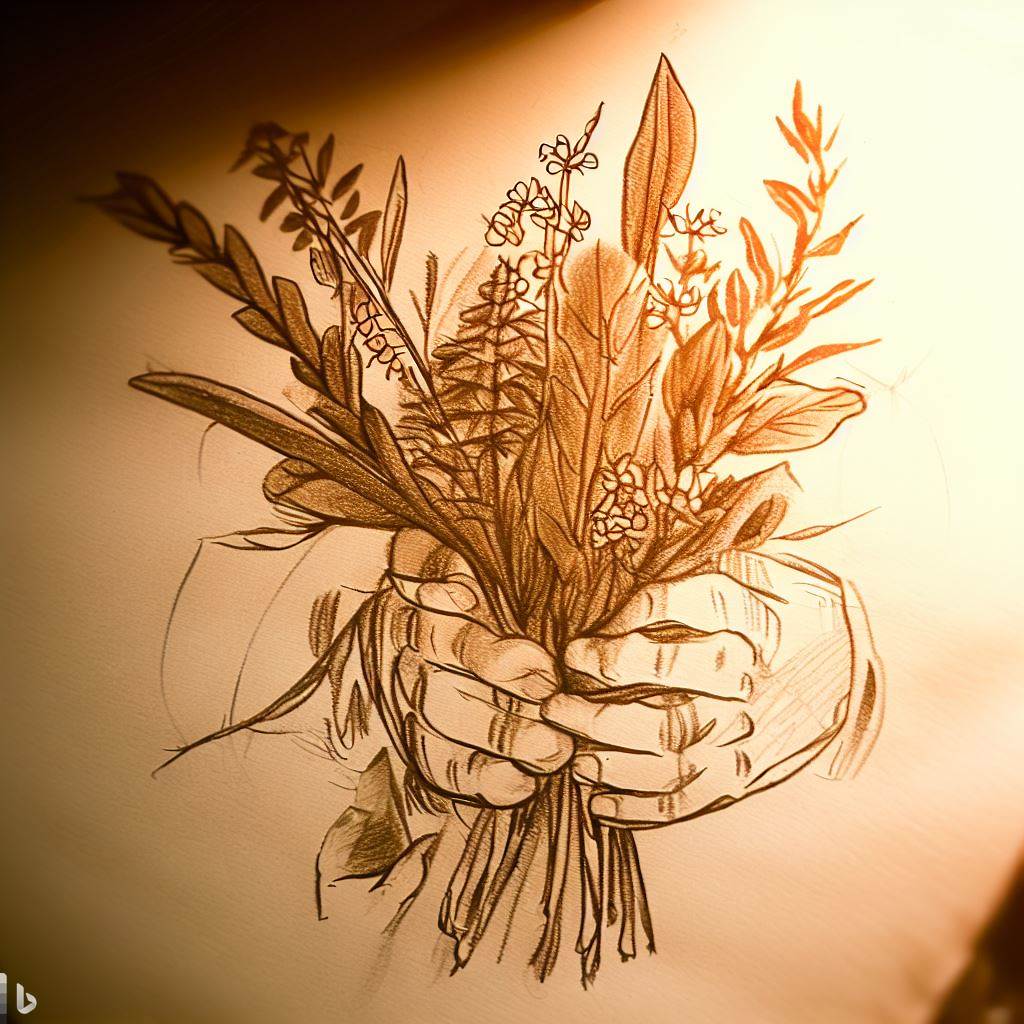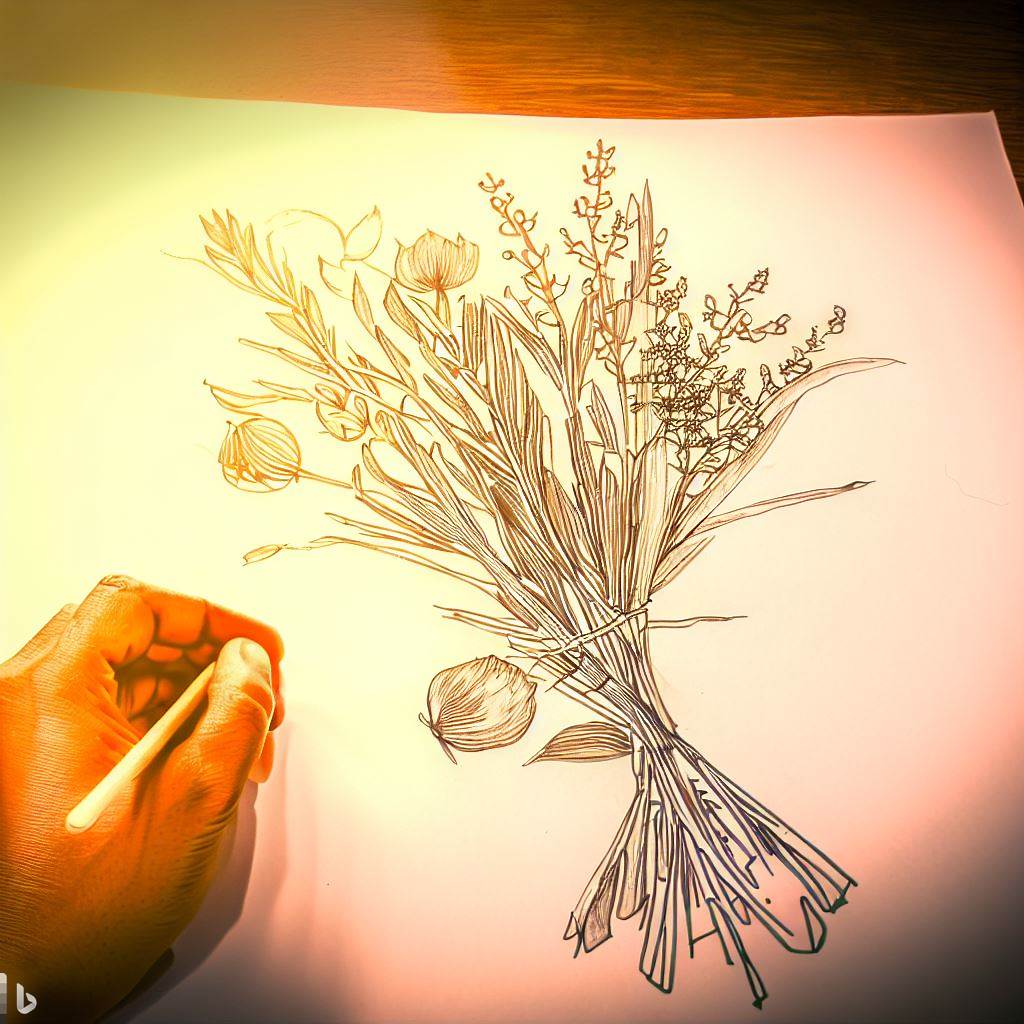In the lush, often-overlooked corners of meadows and woodland edges across Europe and North America grows a modest herb with a regal name and an ancient reputation—Agrimony (Agrimonia eupatoria). Though nearly forgotten by modern herbalists and overshadowed by trendier plants like turmeric or ashwagandha, agrimony was once considered one of the greatest healing plants in folk medicine, whispered about in the same breath as sage and yarrow.
But why has this quietly potent herb slipped into obscurity—and what makes it worthy of rediscovery today?
A Herb Steeped in History
Agrimony’s recorded use stretches back to Hippocrates, who recommended it for treating eye ailments. The Greeks and Romans praised it for its ability to stop bleeding, both internal and external. During the Middle Ages, agrimony was revered as a “herb of princely value,” often included in protective spells and healing salves. Its name, eupatoria, even pays homage to King Mithridates VI Eupator, a ruler known for his obsession with antidotes and poisons.
In British folklore, agrimony was believed to banish negative energy and insomnia—a sachet of the dried herb placed beneath a pillow was said to induce a sleep so deep that one would not awaken until the pouch was removed.
Chemical Complexity in a Simple Form
What makes agrimony a botanical treasure is not just its lore, but its complex phytochemical profile. The plant contains tannins, flavonoids, triterpenes, and volatile oils, giving it strong astringent, anti-inflammatory, and hepatoprotective properties. These compounds make it especially effective for treating conditions related to the digestive system, liver, and throat.
- Digestive Aid: The tannins in agrimony can help tighten and tone the mucous membranes, making it useful in diarrhea, IBS, and mild gastrointestinal bleeding.
- Liver and Gallbladder Support: Traditional European herbalism used agrimony to stimulate bile flow and support detoxification—a theory increasingly supported by modern herbalists observing its effects on liver enzyme activity.
- Respiratory and Throat Soothing: Agrimony tea or gargle is often recommended for sore throats, laryngitis, and chronic coughs, thanks to its soothing, anti-inflammatory action.
A Plant for the Modern Age
In a world saturated with high-tech solutions and synthetic medicine, agrimony offers a kind of botanical humility—an unassuming remedy that quietly restores balance. It’s particularly compelling in the age of autoimmune conditions, digestive disorders, and emotional overwhelm, where its gentle yet grounding nature can be a true ally.
Even beyond the physical, agrimony has gained traction in Bach flower remedies as a plant for those who hide their emotional struggles behind a smile—the wounded optimists. In this context, it serves not just the body but the psyche, helping individuals face inner turmoil without fear.


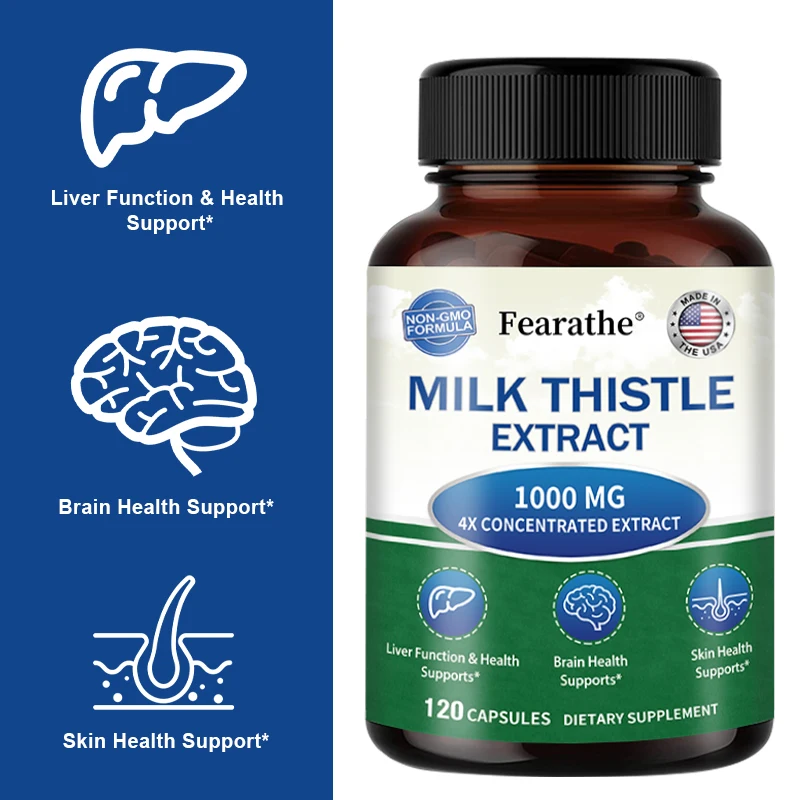
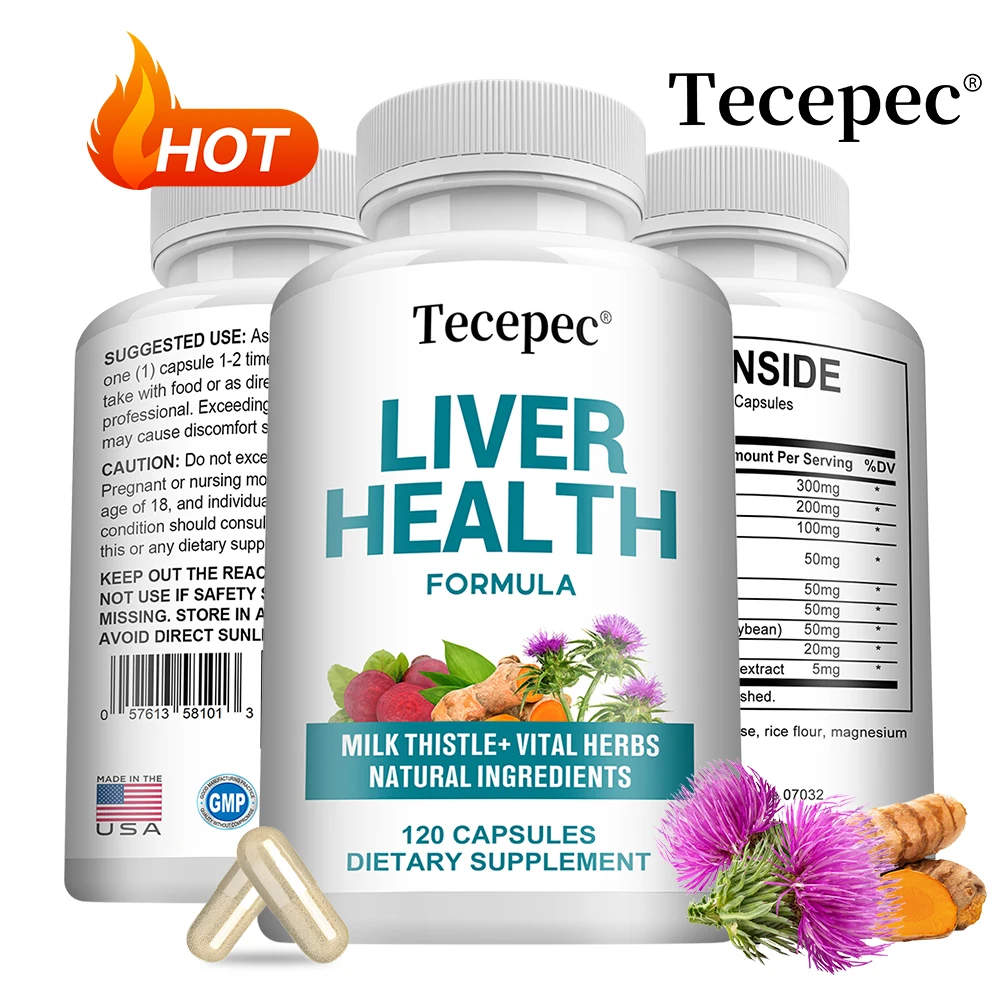

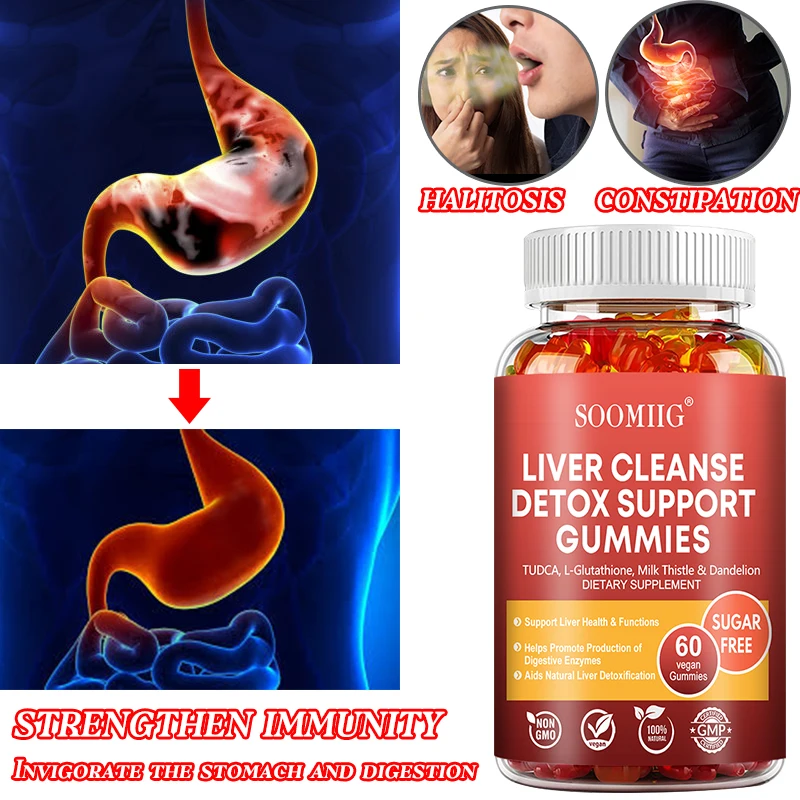

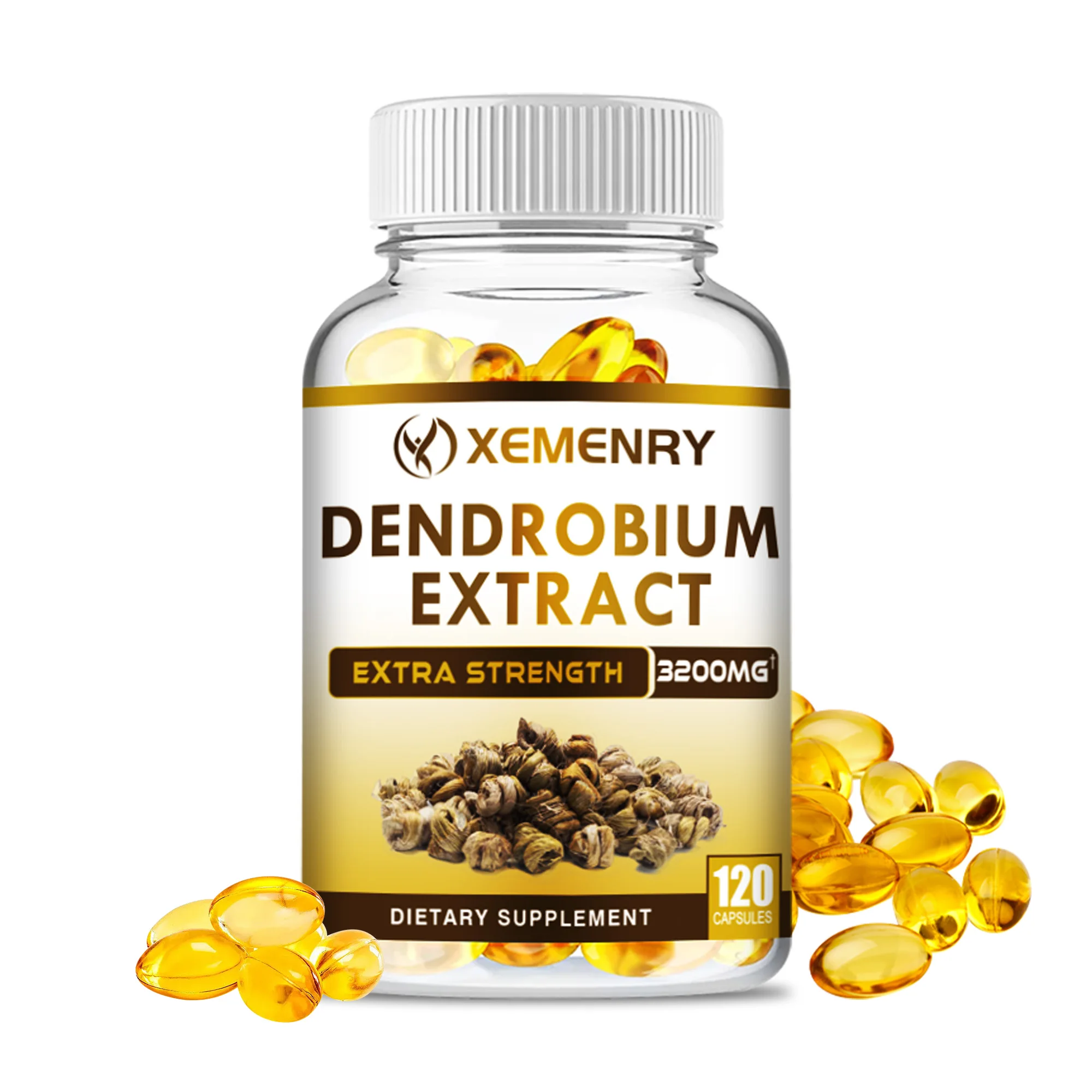








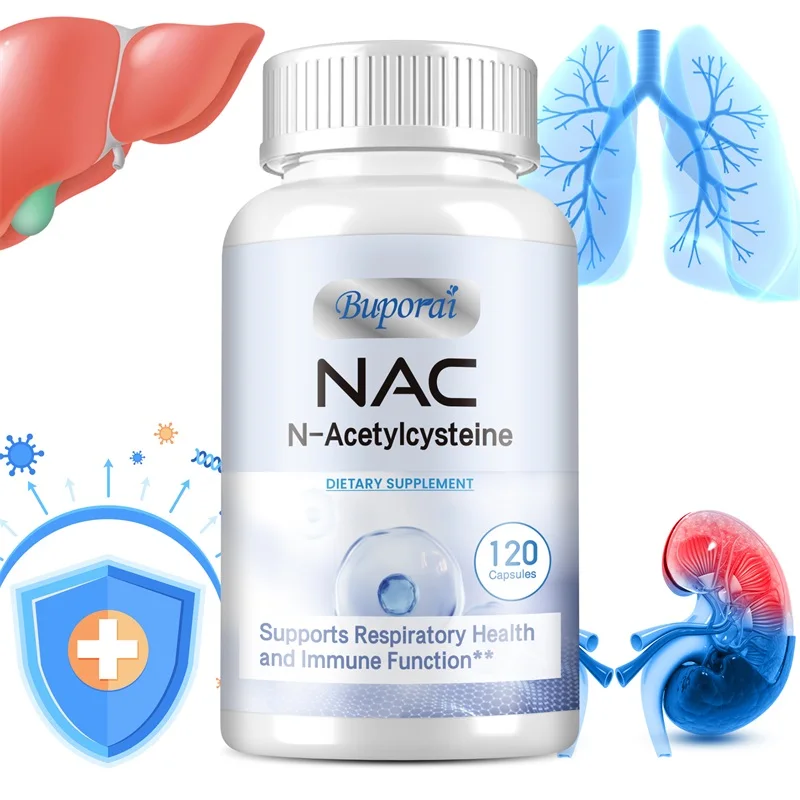

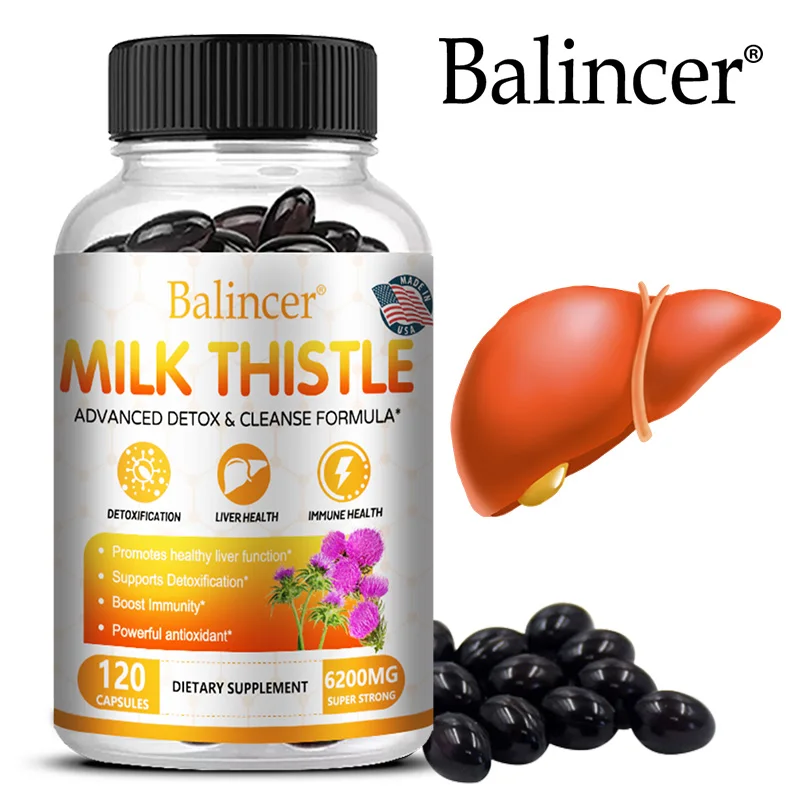

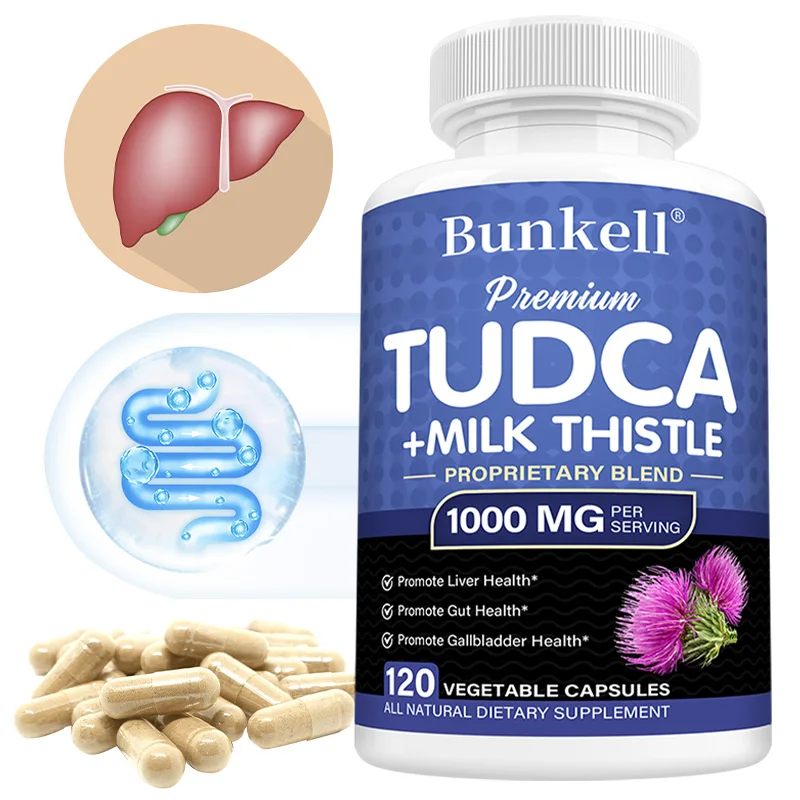


Growing and Using Agrimony
If you’re inspired to work with agrimony yourself, you’ll be pleased to know it’s hardy and easy to grow. It thrives in poor soil, requires little maintenance, and yields a beautiful spike of small yellow flowers from June to September.
To use:
- Tea: Steep 1–2 teaspoons of dried agrimony leaves in hot water for 10–15 minutes. Drink for digestive and liver support.
- Gargle: Brew a strong infusion and use as a gargle for sore throats.
- Poultice: Apply crushed leaves to wounds or skin irritations to help stop bleeding and prevent infection.
Note: Due to its astringent properties, agrimony should be used with caution in individuals with dry constitutions or chronic constipation.
Conclusion: The Return of the Green Sentinel
In agrimony, we find a plant that does not scream for attention but instead offers quiet, steady support. It’s a reminder that nature’s pharmacy still holds untold wonders—sometimes in the least expected places.
So, the next time you wander through a sun-dappled clearing or brush your hand across a wildflower, consider that the most powerful remedies are not always the most glamorous. Sometimes, they are simply the ones we have forgotten to see.

